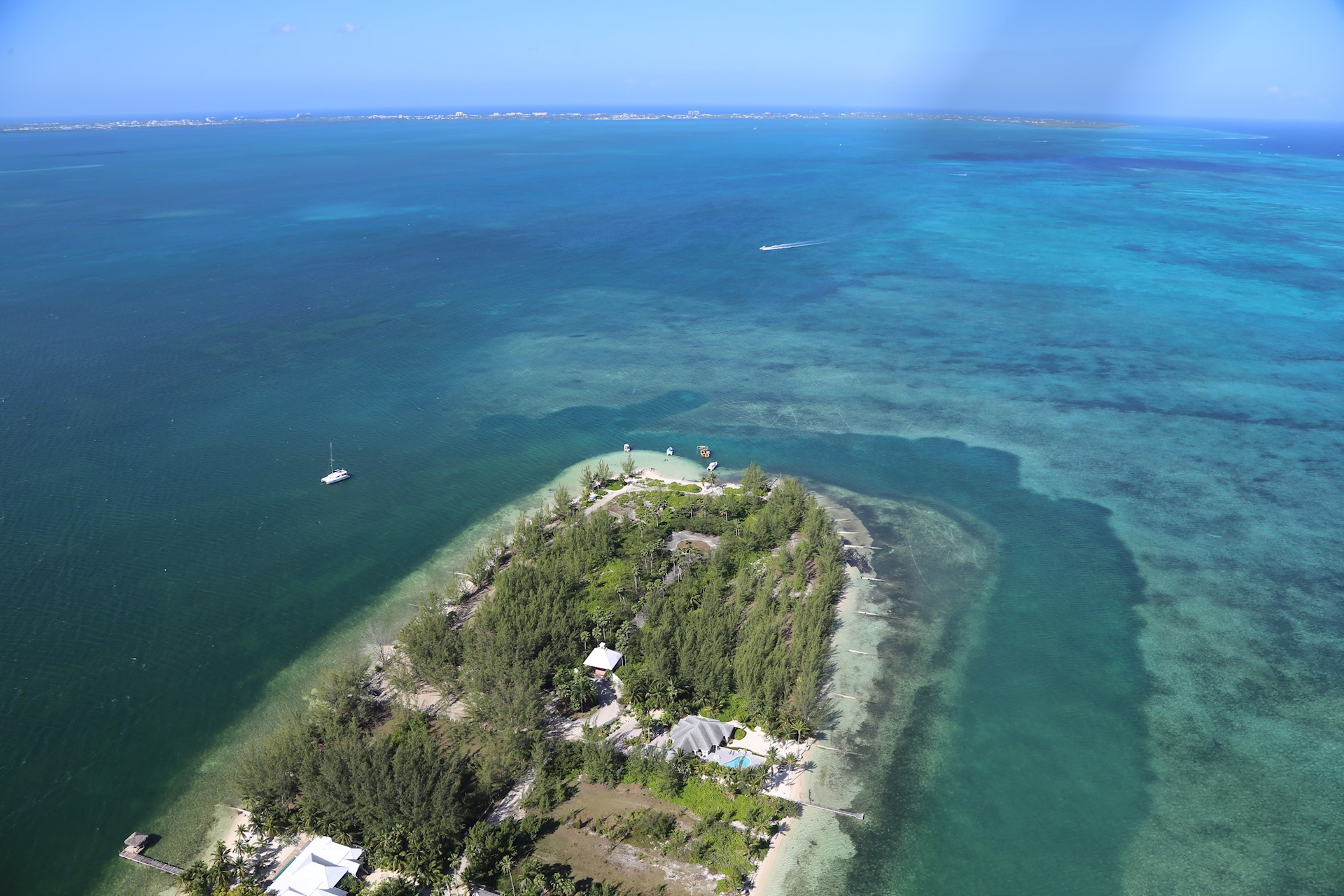Michael Sharvin is a senior associate on the real estate team of the law firm Bedell Cristin in Camana Bay.

Register land in the Cayman Islands
By Michael Sharvin
15 Oct 2020

15 Oct 2020
As attorneys, we are often asked questions about how real property ownership is registered in the Cayman Islands. Below are some of the most common questions we are asked.
What is the land registration system in the Cayman Islands?
The land registration system in the Cayman Islands dates back to 1971. It is based on other colonial land registration systems and a number of earlier statutes, including the English Land Transfer Acts of the late 19th century.
The first step was to split the Cayman Islands into different adjudication areas. Within each adjudication area, the public was advised of a demarcation process and the requirement to make a claim to their land. This started the process of recording property interests and boundaries on the land register, with a new land register opened for every parcel shown on the Registry Map. This registration process was, on the whole, completed by 1977.
In the event that there was no claim to a parcel, or where a claim to a parcel was not accepted, the land in question was adjudicated as Crown Land and registered accordingly. Today, the main legislation in relation to the registration of interests of land in the Cayman Islands is the Registered Land Law (2018 Revision).
How is land held in the Cayman Islands and what can be registered?
Land can be held concurrently in two ways: as joint proprietors or proprietors in common. Land can also be held by one person or entity with few restrictions. The following can be registered: transfers, leases, mortgages, cautions, restrictions, notices, easements, strata plans and strata bylaws.
What's the difference between joint proprietors and proprietors in common?
When property is held as joint proprietors, if one of the owners dies, the property will automatically pass to the surviving owner. The property therefore does not form part of the deceased person’s estate and cannot be left to another person in the deceased person’s will. Married couples will often own their property as joint proprietors as the property automatically passes to the surviving spouse.
When property is held by proprietors in common, two or more people own their own share of the property. The property can be owned in equal or unequal parts. For example, if the property is owned by two people as proprietors in common, each person may own a 50% share in the property or, alternatively, one person may, for example, own a 90% share and the other person may own a 10% share. It is important to note that a share in a property held by proprietors in common does not pass to the surviving owner(s). Therefore, that person’s share in the property can be left to another person in a will.
This article first appeared in the October 2020 print edition of Camana Bay Times with the headline "Land registration in the Cayman Islands."

About the author
Michael Sharvin is a senior associate on the real estate team of the law firm Bedell Cristin in Camana Bay.